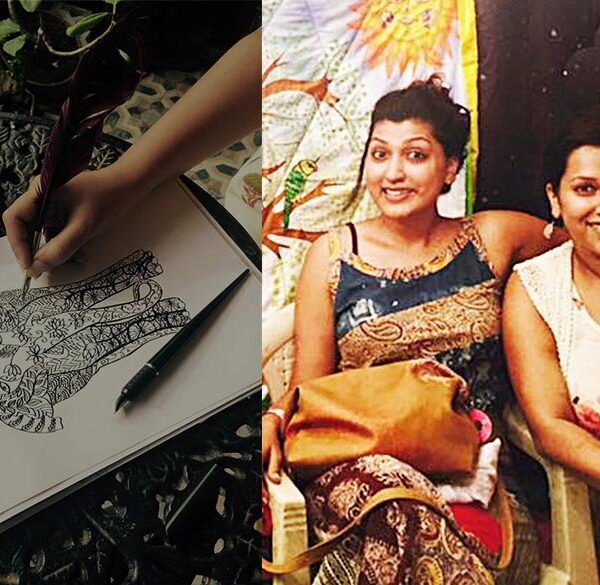Hygiene has been of the most neglected issues in India specially for Women. From dealing with pregnancy to menstruation problems, women are more susceptible to health problems and disease . It becomes more intense if it affects the health of the unborn child as a result of the mother’s lack of focus on her personal hygiene. Although, hygiene is a personal choice and a habit in itself, there should be adequate infrastructure and amenities along with awareness to ensure its effective implementation.
Its true that women are more vulnerable to health issues than men because of their different biological needs, given that they menstruate for a larger part of their lives. In the rural areas, women are more susceptible to social crimes like rape and domestic abuse. Lack of proper bathroom amenities and lack of support from the community results in such heinous crimes. Women, specially in the rural areas are considered to be a part of the secondary society which is not taken seriously . Their needs and wants are often kept under cover and if they stand up for their rights, they are penalised for the same.
A possible reason for a low attendance amongst females in schools is the lack of hygiene in toilets, specially post their puberty. In India, lack of access to toilets is the biggest drawback in the health sector. Schools in the rural areas often lack proper sanitation facilities as a result of which, girls are forced to drop out of schools upon reaching puberty.
Only 45% of the schools in the least developed and low-income countries have adequate sanitation facilities.
Approximately 1 in 3 women worldwide risk being ashamed, getting exposed to serious diseases and facing sexual harassment while attending nature’s call .
Some women might even have to travel long distances only to perform their daily bathroom activities, which should not be the case. Its a shame indeed that women have to go through such circumstances considering the fact that government should be responsible for creating a safe and hygienic environment for women’s safety. Their dignity is at stake and they are fearful of assaults. Although the issue of malnutrition is also quite pertinent, sanitation issues among women need more attention in their daily lives. Such issues have a long-term effect in a woman’s life.
This situation gets worsen for women who are physically disabled and cannot even access toilets without external help.
The west has always acknowledged the importance of sanitation. Sanitation and Hygiene for women is an important part of the Millennium Development Goals. We are still quite distant from addressing this particular crisis. The intensity of this issue needs to be understood and taken care of. Students in government schools don’t even have proper access to hand-washing facilities, leading to diseases like dysentery and diarrhoea, which is also a major cause of infant mortality in countries like Sub-Saharan Africa. The need of the hour is to include hygiene as a part of the training program for all teachers and the children as well.
We need awareness starting with the right to information and the ability of women being able to talk freely about their menstruation issues without any fear or shame.
There is an urgent need to throw some light on the impact of poor sanitation on women across the world and a call for a collaborative effort on different scales from all levels including from the government and the civil society. The rising Population and urbanisation aggravates the situation even more.We speak about Human Rights and women empowerment, but if we dig deeper, petty issues like women sanitation have created more nuisance than other social issues.
The real question is why do women lack basic health and sanitation in this so-called emerging global power?












